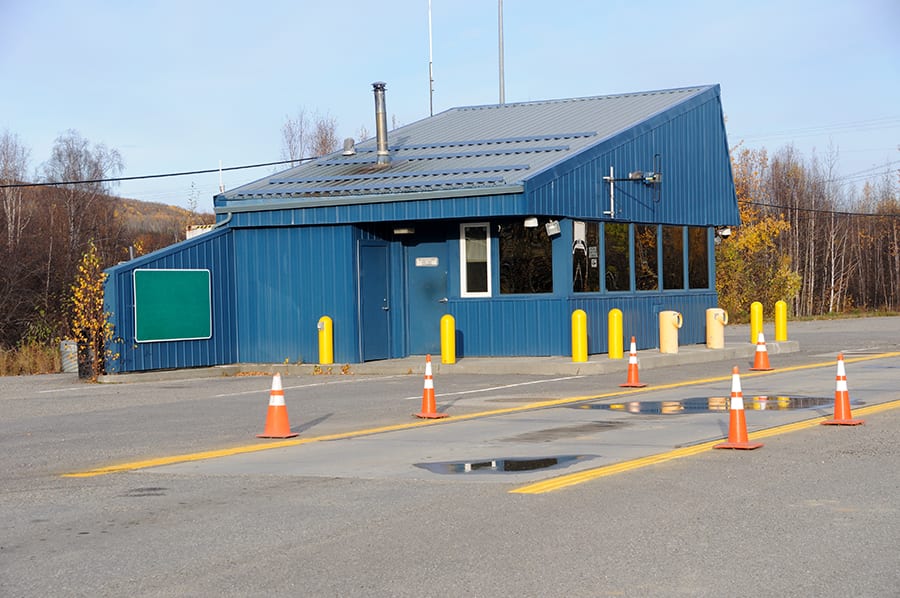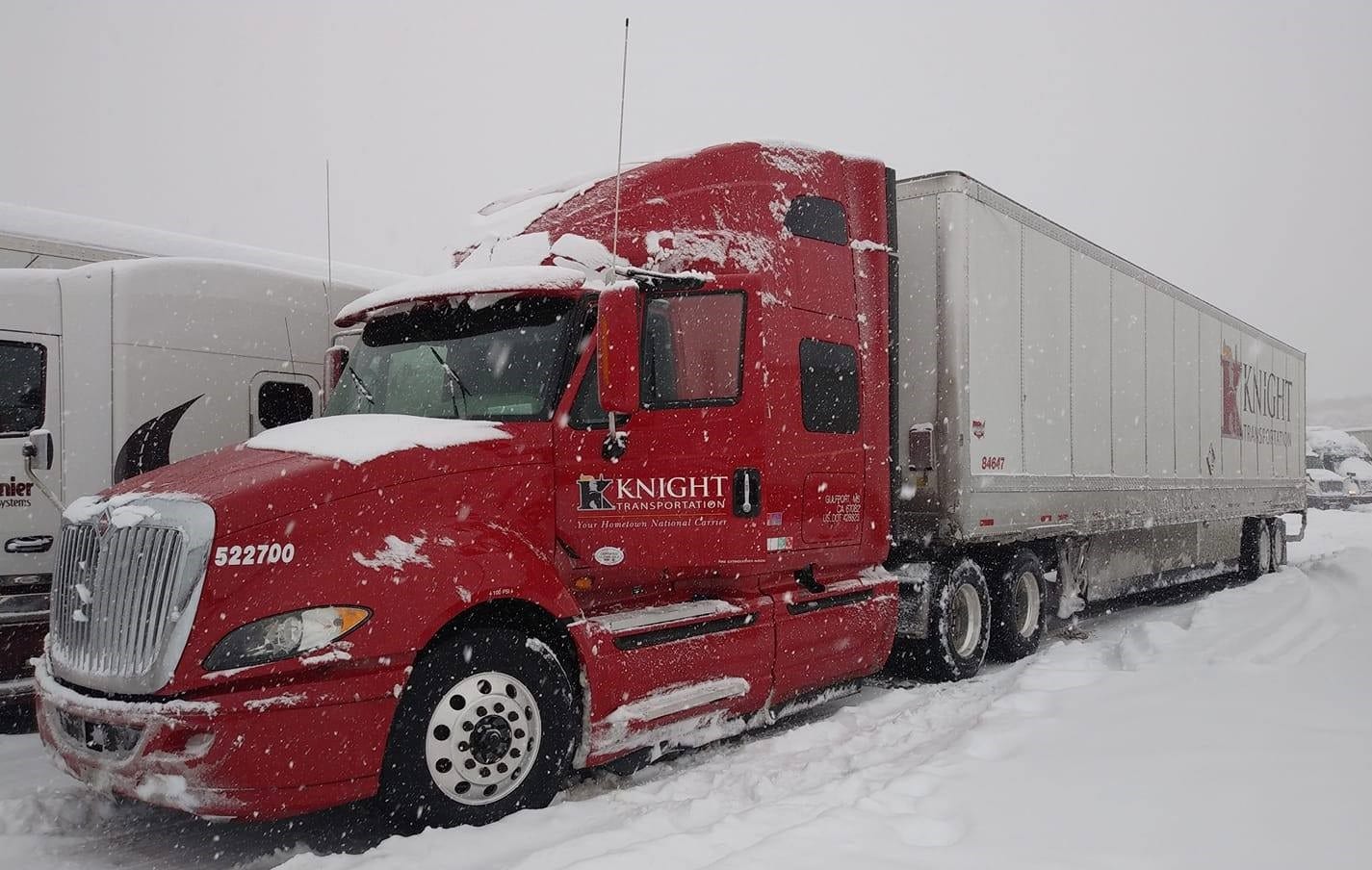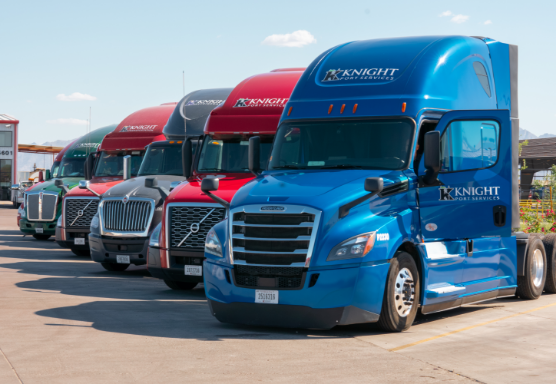How To Avoid Overweight Truck Fines

No one wants to pay overweight truck fines, but they are hard to avoid at times. As the driver, you may or may not know the weight, and the shipper may be trying to sneak a little more onboard. Even so, you will be held accountable, and the violation could go on your driving record if you are caught driving an overweight truck.
Avoiding trouble
If you are in doubt about the weight you are hauling, one option is to take a longer alternate route to void weigh stations. This can work, but you have to be careful to stay on truck routes. It would be bad to get fined for being overweight and for driving on a non-truck route road, which would double your pain. Another thing you can do is monitor your fuel level if you are close, and make sure your tank is closer to empty when you get to the weigh station. Your fuel weight will count when your load is weighed.
Defensive hauling
Some drivers carry their own weighing device, which can be helpful. If you keep it calibrated, you will be able to have a very good idea of whether you are overweight or not.
If you suspect you are overweight, it is a good idea to contact the shipper. If the shipper knows beforehand, they can agree to cover your fine and can make arrangements with the Dept of Transportation, to take care of the situation. There are special permits for oversized loads, for instance.
Truck owner prevention
Overweight truck fines are also costly to the businesses that own the trucks and the shipping companies involved. Service Trucking Magazine has come up with a list of things you can do to avoid overweight truck fines.
Here are a few of their recommendations
-
- Training drivers to calculate weight
-
- Keep truck and equipment well maintained
-
- Plan the route in advance
-
- Secure the load and make sure it is properly loaded
-
- Have information on overweight permits ready.
Why the rules
It may seem like a nuisance at times to have to worry about weight limits. If the limit is 80,000 pounds, for instance, you could be hauling 75,000 and have too much fuel onboard and get in trouble. The line has to be drawn somewhere, however, and the owner and driver need to work together to make sure the rules are followed.
In the early 1900s rules were put in place when there were more and more trucks on the roads. There were a lot of unpaved roads in those days, and they were getting damaged by trucks. In the early 1900s 1800 pounds was a good-sized load.
Reasons for weight limits
Part of the reason for weight limits is to protect the roads themselves, and the local entities that are the ones who have to build and repair the roads. A second reason is safety. Obviously, it is easier to stop a truck that does not weigh as much. Heavier loads put undue pressure on the brakes, so the brakes may not be as effective as they should be when trying to stop a load even heavier than they were designed for.



